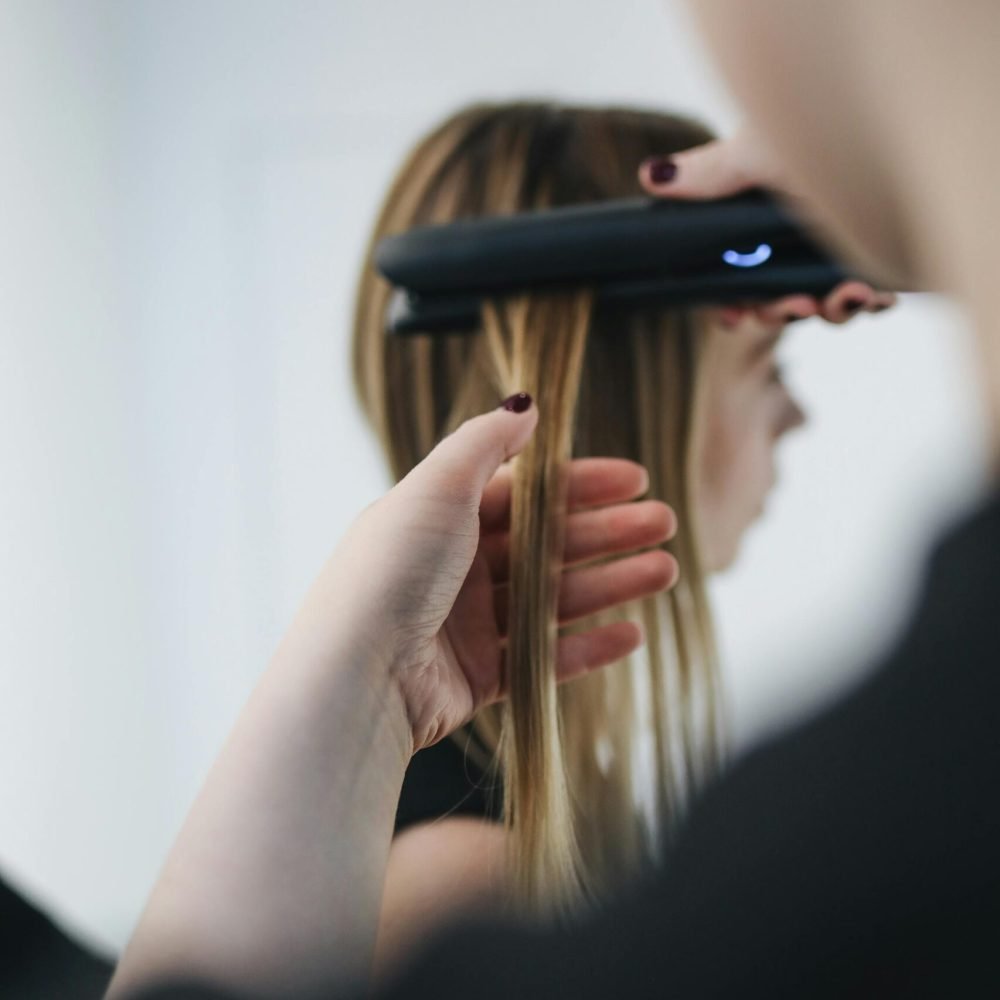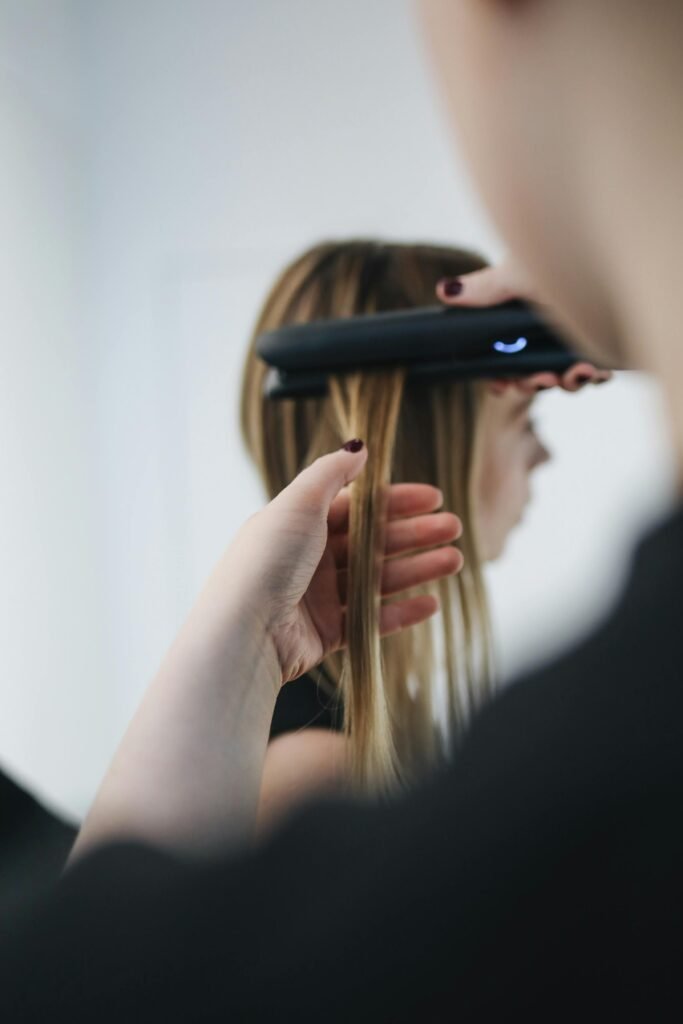
Haircare encompasses a broad spectrum of practices and products designed to maintain the health, cleanliness, and aesthetic appearance of hair. From ancient traditions rooted in natural remedies to modern innovations driven by science and technology, haircare is a dynamic field that continues to evolve to meet diverse needs and preferences.
Throughout history, various cultures have developed unique approaches to haircare based on their natural resources, climate, and societal norms. Ancient Egyptians, for example, used oils such as castor and almond to condition and style their hair, while Greeks and Romans employed fragrant oils and herbs to scent and beautify their locks.
In traditional Indian Ayurvedic practices, herbal oils like coconut and sesame oil have been used for centuries to nourish the scalp and strengthen hair follicles. Similarly, Chinese herbal medicine incorporates ingredients such as ginseng and goji berry to promote hair growth and vitality.
In more recent times, the development of modern haircare products has been influenced by advancements in chemistry and cosmetic science. Shampoos and conditioners, which are fundamental to daily haircare routines, have evolved to cater to different hair types and concerns, such as dryness, frizz, or color-treated hair. Ingredients like surfactants, conditioning agents, and botanical extracts are carefully formulated to cleanse, moisturize, and protect hair without causing damage.
Beyond cleansing and conditioning, styling products such as mousses, gels, and serums offer versatility in achieving desired hair textures and looks. These products often contain polymers, silicones, and humectants that help shape and control hair while providing shine and manageability.
Haircare extends beyond external products to include practices that promote scalp health and overall well-being. Regular scalp massages, for instance, can stimulate blood circulation and promote hair growth by nourishing hair follicles. Additionally, dietary factors play a crucial role in hair health, with nutrients like vitamins A, C, D, E, biotin, and omega-3 fatty acids supporting strong, shiny hair growth.
The cultural significance of hair is profound in many societies, often symbolizing identity, status, and personal expression. Hairstyles and grooming rituals vary widely across cultures and can hold deep cultural and spiritual meanings. For example, in some African cultures, intricate braiding patterns are used to communicate social status, lineage, and personal milestones.
In contemporary society, trends in haircare often reflect broader cultural and fashion influences. Social media platforms and celebrity endorsements frequently shape consumer preferences and drive demand for specific products and styles. Increasingly, there is also a growing movement towards sustainable and eco-friendly haircare products, with consumers prioritizing ingredients that are responsibly sourced and cruelty-free.
The ongoing evolution of haircare is also marked by advancements in hair restoration and treatment options for various scalp and hair conditions. Innovations such as laser therapy, scalp micropigmentation, and regenerative medicine techniques offer new avenues for individuals seeking to address hair loss or enhance hair density.
In conclusion, haircare is a multifaceted discipline encompassing ancient traditions, modern innovations, and cultural expressions. From cleansing and conditioning to styling and treatment, the field of haircare continues to evolve, driven by scientific research, cultural influences, and consumer demand for products that promote healthy, beautiful hair. As our understanding of hair biology and technology advances, so too does our ability to achieve and maintain optimal hair health and aesthetics.

